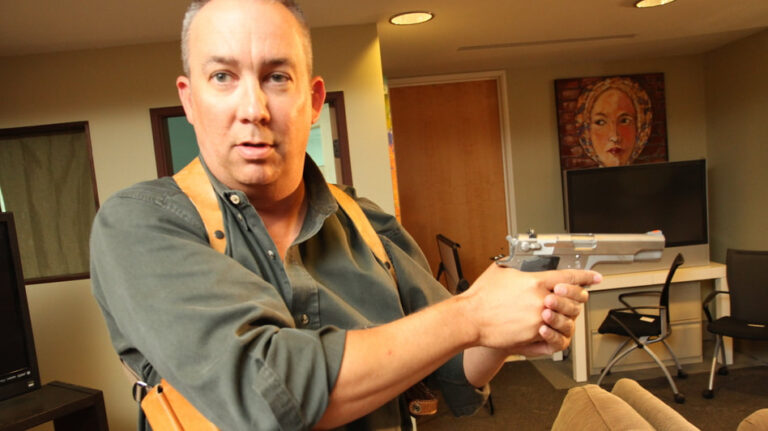The Mystery Protagonist’s Tools: The Secret of the Things in Their Life

Give Your Mystery Sleuth The Right Tools
Long ago in my high school Latin class, soon after we got past Britannia insula est, we read the Labors of Hercules. What struck me was whatever task was set before Hercules, when he arrived on the scene, he had the right tool on hand. Whether he happened to be carrying it with him (how did he do that?) or someone gave him what he needed, when it was time for the labor, he had what he needed.
As mystery writers, we want our mystery protagonist sleuth to accomplish their tasks, but without Herculean insta-props. And we want their tools to be realistic. We want our characters to feel realistic, not bopping around a mythological realm on foot carrying yards of rope, a ladder, and a shovel while traveling miles at the same time.
We need to give the sleuth tools that aren’t so cumbersome.
Tools Reflect Your Sleuth’s Personality
A modern-day sleuth can travel by train, car, and vehicle so much of their travel won’t be on foot. Plus, If they have their own vehicle they can load tools in the trunk, the rear seat, or even on the passenger seat. But, still, the tools your detective uses will depend on their personality.
Just like the original TV character McGyver always had duct tape, your detective will rely on a tool that fits their personality. A seamstress cozy protagonist may have a tape measure around her neck or rolled up in a pocket. A clever teenaged sleuth may have a trusty canine companion who, with Lassie-like understanding, knows what to do in a tough spot.
If your sleuth is a law enforcement detective, they’ll have a lot of equipment. A handgun, magazines, a radio, a department mobile phone, a department camera, a voice recorder for witness interviews, handcuffs, a handcuff key. Those are just the basics. The trunk of their vehicle has a shotgun or rifle in a locked case, first aid packs, evidence bags, photo log forms, witness statement forms, etc. Depending on their department’s budget they may also have a tablet computer to connect with the law enforcement system.
It’s up to your imagination to determine the objects that are important to your sleuth’s job of discovering the villain.
The Thing, Your Sleuth, and Your Reader
What object your sleuth uses regularly, the thing that epitomizes how they work, needs to match your sleuth’s personality and the way they work to solve the crime.
Your sub-genre will guide your choices in creating your sleuth’s personality. And the objects your sleuth uses will fit into the larger picture of the way you present your sleuth in the novel.
Things are tools. In order for your sleuth to work well with the things you give them, your sleuth must know how to use the tools. You are writing fiction, but you need the story elements to feel real for your reader. You include tools that match your big picture of the sleuth.
In the same way you create aspects of your protagonist sleuth’s personality—internal makeup, likes and dislikes, physical characteristics, personality quirks—the tools form part of a realistic and relatable whole.
You want your sleuth to be relatable, because, as the protagonist, they lead your reader through the mystery until it is solved. For your reader to relate to your sleuth, every aspect must feel real. That includes your sleuth’s tools. Otherwise they’ll be wondering, as I did long ago about Hercules, how they just happened to have the right tool at the moment of truth to resolve a conflict.
You don’t want your reader wondering about the fictional truth of your story.
Fit the Tool to the Hero
Our work as a mystery writer is to create a genre story that pulls the reader into the story from the beginning and keeps them reading until the murder is solved.
Every craft skill we muster helps the reader get and stay involved in our story. We can plot from beginning to end, but unless our protagonist connects with the reader, they’ll lose interest.
The tools you give your sleuth protagonist need to match their sill set and personality. That way, the tool is a believable extension of your hero or heroine. The more believable your story, the more your reader will stay engaged, caring about the actions your sleuth makes and the consequences that follow.

